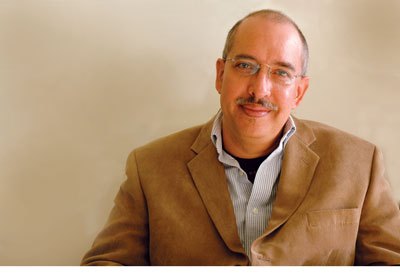Fabricio Balcazar (IL UCEDD/LEND) Leads Project to Help Youths with Disabilities Start Small Businesses
December 28, 2011
![]() http://www.uic.edu/htbin/cgiwrap/bin/uicnews/articledetail.cgi?id=15896
http://www.uic.edu/htbin/cgiwrap/bin/uicnews/articledetail.cgi?id=15896

|
| Fabricio Balcazar |
While the nation's official unemployment rate hovers around 9 percent, among people with a disability the rate is nearly 15 percent.
And while no exact figure is available for urban-based, minority youths with disabilities who dropped out of school, experts believe their unemployment rate is higher still.
Fabricio Balcazar, professor of disability and human development who has studied and worked on the problem for two decades, calls the lack of job opportunities for this population "unacceptable."
He has secured a two-year, $550,000 grant from the U.S. Labor Department to pull together a partnership of interested groups to try a new approach.
"We want those youths and young adults to get prepared, so we're going to invest to make sure they succeed," says Balcazar, a psychologist who directs UIC's Center on Capacity Building for Minorities with Disabilities Research.
The focus is not just to find jobs for these youths, but jobs that require a flair for entrepreneurship. And if they need training on how to develop and run a business, college-level courses will be provided.
"Entrepreneurship development - helping them start their own small businesses - this has become a key anchor of the whole initiative," Balcazar said.
Chicago youths who have dropped out of the city's public schools are one of the target groups. Their disabilities may include severe learning disabilities, behavioral disorders or mild cognitive disorders.
Two other target groups include individuals with spinal cord injuries resulting from violence, and Asians with disabilities.
About 60 participants will be selected for the study. They will get special mentoring from teachers and business people, and from peer mentors who themselves have sustained disabling injuries resulting from violence.
If the participants develop a viable business plan approved by a panel of reviewers, they may be eligible for no-interest business start-up loans of up to $5,000, to be matched equally by government agencies partnering in the program.
The participants may use their loans to partner with and help expand established businesses, which may attract additional capital and provide special on-the-job training.







